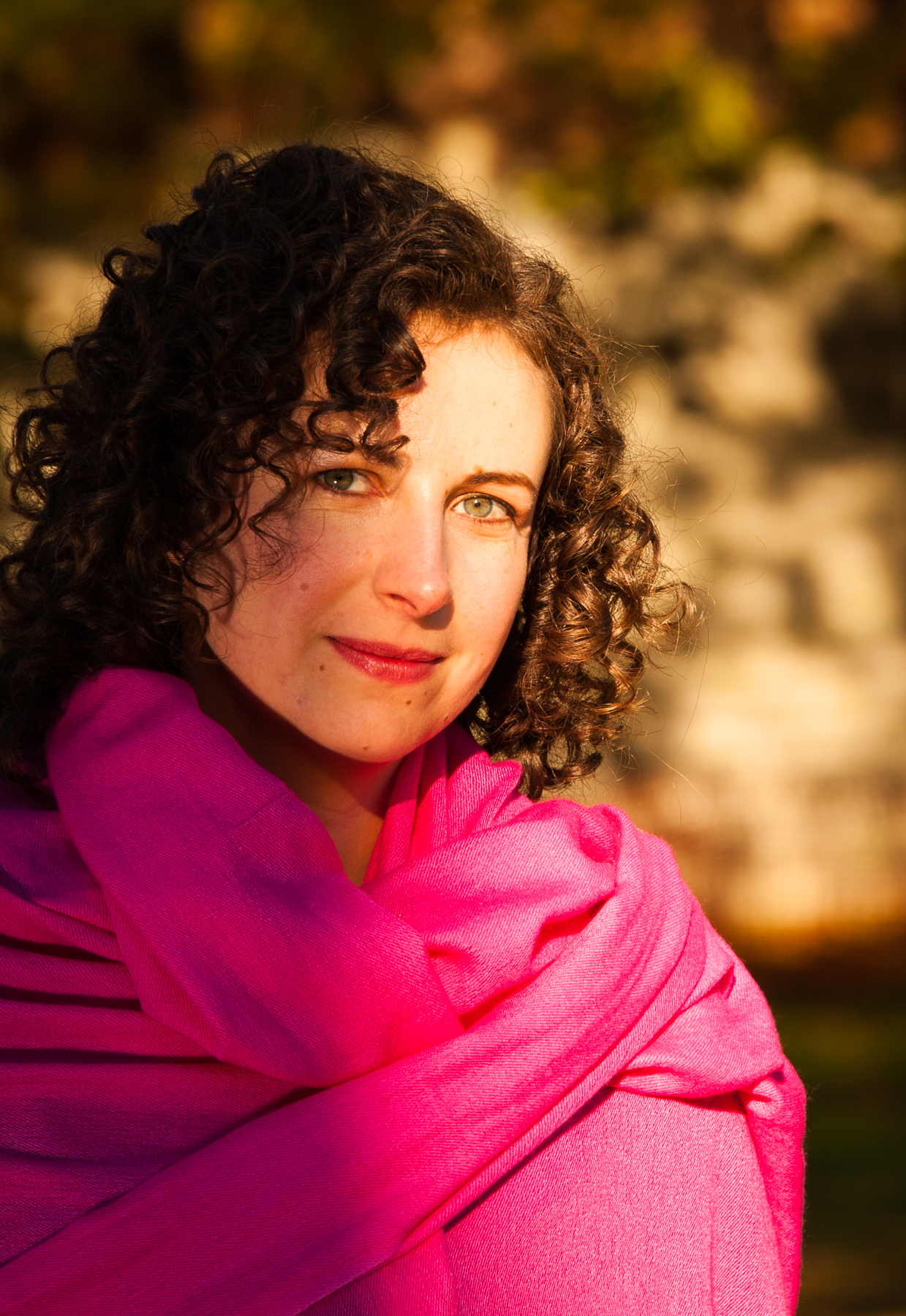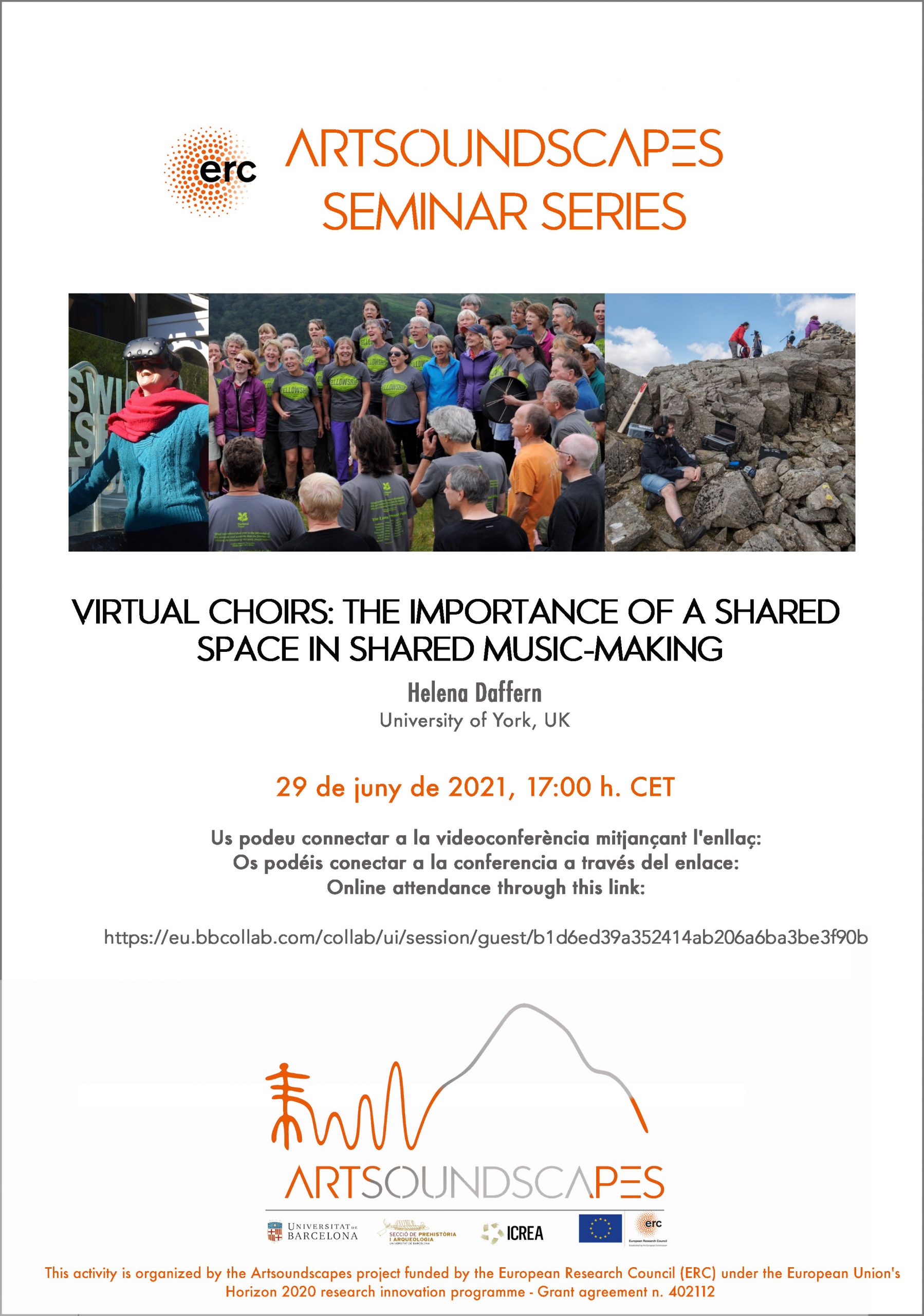

WHO: Helena Daffern
Helena Daffern received a BA and MA degree in Music and a PhD in Music Technology from the University of York. She went on to train as a classical singer at Trinity Laban College of Music, London, and develop her own teaching practice whilst enjoying a career as a freelance oratorio soloist, opera singer and chorister. Helena is currently Associate Professor at the University of York where her research converges the disciplines of performance, science, and technology, with a focus on the acoustics of the singing voice. She is particularly interested in vocal ensembles and utilising virtual reality technology to further our understanding of the processes and benefits of group singing.
ABSTRACT:
The introduction of social restrictions due to the Covid-19 pandemic resulted in a sudden termination of in-person choir singing across much of the globe. Virtual choirs were rapidly set up as lifelines for choir singers to engage online, often to provide continuity and to support members’ wellbeing during lockdown. The ongoing restrictions to in-person group singing and the solutions that have been utilised highlight not only the importance of singing together for those involved, but also the limitations of current technology to provide a satisfying remote alternative. As well as two prominent models of virtual choirs employed during the pandemic, real time meetings over teleconferencing software such as Zoom, and the creation of multi-tracked recordings, virtual reality choir models have been developed in the AudioLab at York that provide real time convolution of the singer’s voice in the virtual space as they perform within a pre-recorded 360 degree choir experience. This talk will consider what makes singing together meaningful for the participants through the lens of the different emerging virtual choir models, especially, the importance of singing within a shared acoustic space. Recent research that considers the experience of choir singing with different virtual models will be discussed alongside how introducing immersive virtual acoustics might improve the experience and create beneficial virtual models that are sustainable beyond the Covid-19 pandemic.
